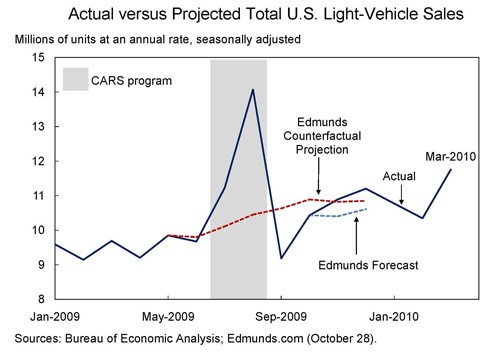Investors bear some blame for clunkers
Post on: 15 Июнь, 2015 No Comment

Recently, Mike from Marblehead, Mass. a listener to my radio show, was discussing an investment portfolio filled with high-cost, below-average mutual funds purchased through an adviser.
Mike has held the funds because his financial adviser hasn’t suggested I sell yet and believes a few of the funds are only bad because of the market.
Bad answers.
Just a few years ago, investors tended to confuse a bull market with brilliance, wanting to make every manager posting a profit into a genius or guru.
Today, they want to do the opposite, so that every bungled move gets confused as being the fault of the bear market.
But if you have a fund portfolio littered with stinking funds, someone besides the fund manager and the bear market has to catch some of the blame.
Chances are, it’s you or the adviser you hired to pick the funds.
No one wants to blame themselves when an investment in a fund doesn’t turn out, says Walter Frank, chief investment officer at Moneyletter. They want to blame the market or the manager, but not themselves or the financial planner whom they trusted.
But if someone has picked bad funds and doesn’t make changes, you can safely say they are part of the problem.
If that’s so, then investors can learn a lot by examining their mistakes, figuring out how they wound up with stinkers in their holdings and deciding how to improve the portfolio, find a better investment adviser or both.
Learning those lessons requires reviewing a portfolio against more than just performance. You have to start by examining your expectations and goals for each investment.
The problem lies in the way most people pick funds, explains Eric Kobren, who runs the Insight Management Group in Boston and manages the Kobren Growth Fund, which invests in other mutual funds. They say, `I need a small-cap fund. Which one has been doing well lately?’ They pick the fund on its recent performance and maybe some ratings, but they don’t understand how it works.
Setting proper expectations for a fund comes from several factors:
- How well it represents an asset category
- How it performs compared to the competition within that category, from both the risk and reward perspectives
- How it fits in with the rest of the funds in the portfolio
In Mike’s case, for example, he probably didn’t set out to have funds that were below-average performers with above-average costs and volatility and a high degree of risk.

Because Mike’s main criterion for evaluating funds is performance, he can make the excuse of Sure, these funds are down, but so is everything else that’s similar.
Mike owns the funds to be diversified, one of the most admirable qualities a portfolio can have.
But a lousy fund that is part of a diversified portfolio is still a lousy fund. And just because a portfolio is diversified doesn’t mean it’s not filled with slobs and laggards.
Mike also has the They were good for me once syndrome, another common problem for investors and advisers.
This is where a fund once put up superb numbers, so investors hold on hoping the good times can come back. It’s like staying around too long with a boyfriend or girlfriend because there are good memories of bygone days. If there’s no realistic promise that the good times are coming back, there’s no reason to hang on.
People don’t want to admit mistakes, so they hang on too long hoping to validate what they have done, or they blame everything on the market and assume that once the market turns around, their funds will turn around, says Donald MacGregor, senior research analyst at Decision Research, a Eugene, Ore. firm that studies investor behavior.
But if you own a bad fund, you have some responsibility for it being in your portfolio, either because you picked it, you approved it, or you allowed it to stay there even though it wasn’t performing or doing anything you consider desirable from a fund.
People who are willing to overlook their own role, or their adviser’s part, in the fund selection process are enabling bad funds to continue being bad. They’re willing victims to funds that have fallen and have no ability to rise again.
Says Kobren: There’s a difference between suffering because an asset class is down and suffering more than that asset class because a fund is poorly managed. If you’ve got that poorly managed fund, something more than the market is wrong, and you need to take some responsibility and take care of it.
Chuck Jaffe is senior columnist for CBS Marketwatch. He can be reached at jaffe@marketwatch.com or Box 70, Cohasset, Mass. 02025-0070.














